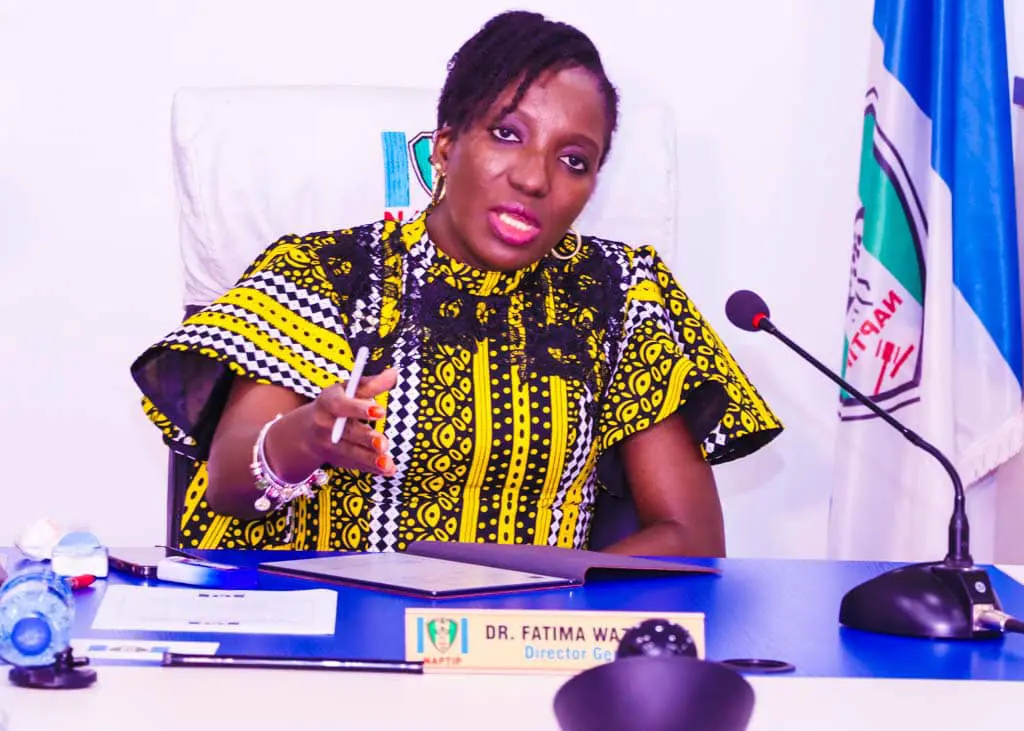CurrentReport blog The Southeast region of Nigeria is grappling with alarmingly high rates of human trafficking, as highlighted by the Director General of the National Agency for the Prohibition of Trafficking in Persons (NAPTIP), Prof. Fatima Waziri-Azi. This stark revelation came during a one-day workshop in Enugu, organized by the International Centre for Migration Policy Development (ICMPD) in partnership with NAPTIP.
High Incidence of Human Trafficking in the Southeast
Prof. Waziri-Azi, represented at the event by Mr. Josiah Emerole, the Director of Research and Programme Development at NAPTIP, emphasized that the Southeast is among the regions with the highest infractions related to human trafficking in Nigeria. This region, particularly Enugu State, was spotlighted as a focal point due to its significant rates of trafficking activities.
Collaborative Efforts to Combat Trafficking
The workshop aimed to validate a baseline report for an advocacy project spearheaded by NAPTIP and ICMPD. The project spanned across five states—Enugu, Edo, Delta, Benue, and Ogun—chosen for their critical levels of human trafficking. The ICMPD, a Vienna-based intergovernmental organization, collaborated with NAPTIP to develop strategies and frameworks to address and reduce trafficking in these regions.
Human Trafficking: A Grave Yet Overlooked Crime
Human trafficking remains the second major crime globally, a position Prof. Waziri-Azi laments is not taken seriously enough within Nigeria. “Many Nigerians still see human trafficking as a minor issue,” she stated, underscoring the need for a paradigm shift in how the crime is perceived and tackled.
The exploitation of individuals, including sexual exploitation, forced labor, and organ harvesting, is a severe violation of human rights that necessitates urgent and comprehensive action. “It is time to say no to sexual exploitation, the use of children to make money, and organ harvesting because those children are our future hope,” Prof. Waziri-Azi passionately advocated.
Mobilizing Resources and Community Action
Addressing human trafficking requires a unified effort. Prof. Waziri-Azi called upon all stakeholders to pool resources and engage in a concerted fight against this heinous crime. She urged communities to become more active in their advocacy efforts, spreading awareness and fostering a zero-tolerance stance towards trafficking.
The need for effective sensitization at the grassroots level is paramount. By taking the campaign to local communities, there is hope to educate and mobilize the public against trafficking networks. This grassroots approach can significantly contribute to reducing the incidence of trafficking by making communities vigilant and informed.












